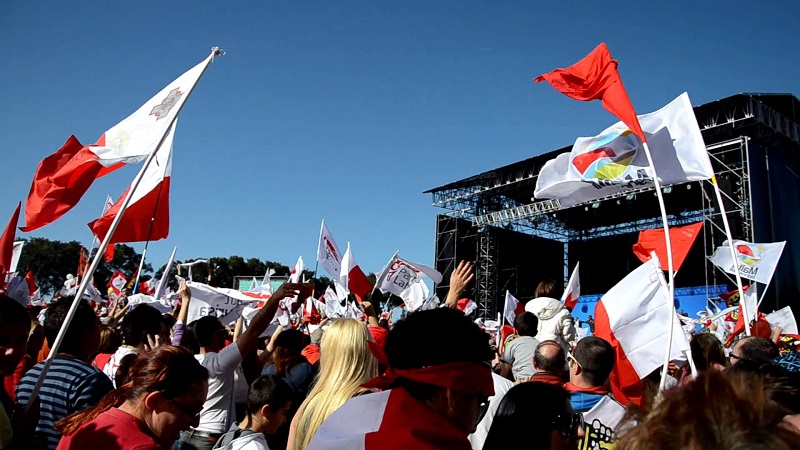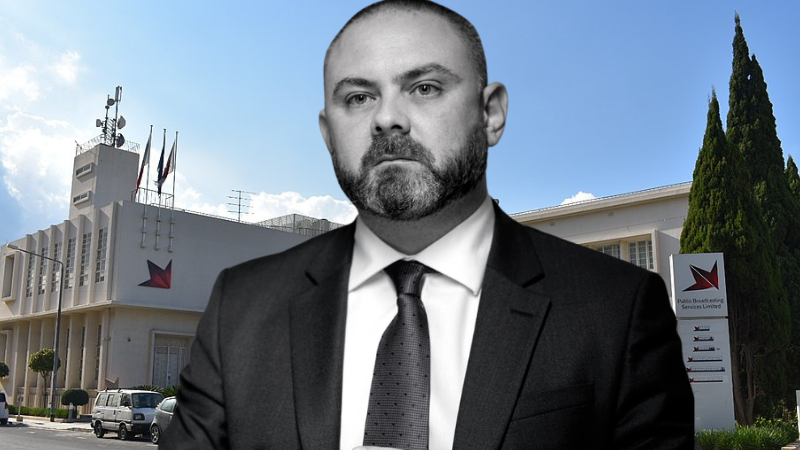Last week, Times of Malta journalists phoned MP Rosianne Cutajar’s office, only to be told she was too busy.
“Ms Cutajar is very busy as she will be in meetings and in Parliament all day. It’s very difficult to speak to her directly,” the newspaper reported.
Leaving aside the issue of executive appointments to members of the legislative, the unavailability of Cutajar stands in stark contrast with what Malta’s politicians have recently been speaking about: clientelism.
The inference then was that parliamentarians were so busy tending to constituents’ requests, they were – as Luciano Busuttil put it – prostitutes. Unless they had a direct link to voters and were readily available to tend to their demands, they had no hopes for re-election.
This has serious implications for Malta’s democracy, specifically the accountability of our politicians and the rising animosity towards journalists.
Our politicians, most notably government officials, are going through greater pains to avoid journalists: they exit through the backdoor; freedom of information requests are denied; questions are ignored.
A journalist’s role is to actively seek the truth. It is often an inconvenient truth, one that raises more questions than answers. Journalists then inform and educate citizens of that truth.
Leaving aside the issue of bias and propaganda (notably by the party media), journalists ought to work for those citizens. Hostility towards journalists, in this sense, is perplexing.
But consider clientelism once again. Politicians have a greater chance of incumbency the more pavements and street lamps are repaired. The only accountability the people care about is seeing their begging bowl full.
Why should I care, therefore, about companies in a distant land across the seas if outside my door, the pavement has no pot holes? Voters are keen to close an eye to corruption if they retain the mistaken impression that they can benefit from it too.
Clientelism essentially enables politicians to buy citizens’ silence, while they get away with murder.
Maltese voters are happy to relinquish their right to hold their representatives to account just as long as they deliver on their petty favours. They are ready to treat politicians as saintly bearers of gifts who benevolently quench their needs.
Harry Cooper, an outgoing journalist at POLITICO magazine, in his final tweet on the job referred to how he saw Joseph Muscat worshipped like a god.
Journalists who do their job properly seriously threaten this flawed pact for short term material gain. If they expose corrupt politicians, the man in the street will see the journalist as that person who slandered the politician who so generously made his €20 parking fine go away.
Perhaps it is in this respect that the increased glorification of politicians contributes to the rampant decline of trust in the media, particularly the written press, and a worrying incline of hostility towards it.
While politicians in Malta continue to be glorified for petty favours, journalists who are tasked with holding them to account are threatened. This spells trouble for the freedom of the press, and for democracy in general.













